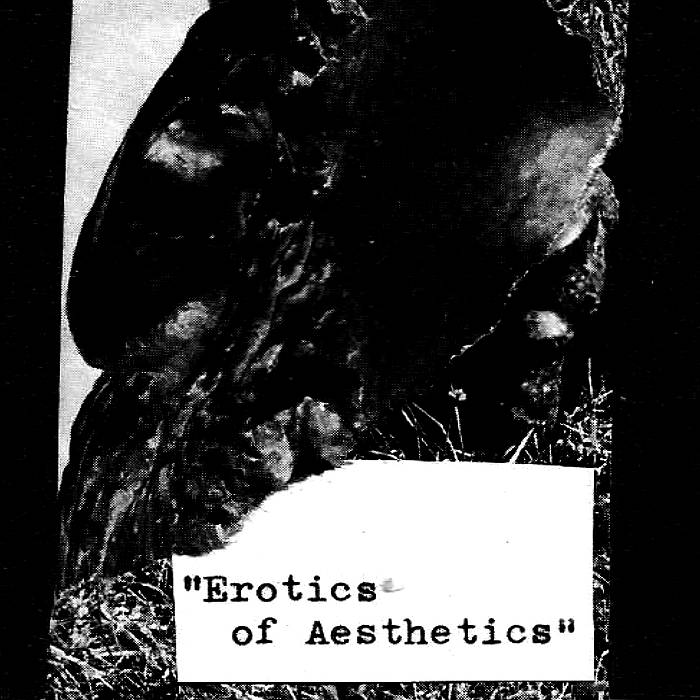Taking his lead from Susan Sontag, Burning Pyre – real name Chris Owen – plays with the notion of what the ‘erotics’ of a work of art are, and how this translates to the act of music making, and consequently its interpretation and appreciation. Concerning the act of criticism, Sontag argued that "in place of a hermeneutics we need an erotics of art", that criticism should involve the writer in a task of bringing to life the ‘sensual surface’ of the artwork. What then, constitutes these ‘erotics’ on Burning Pyre’s beautiful and minimal EP?
‘Mea Culpa’, the first track on Erotics Of Aesthetics, begins with an atonal, textured minor chord. Gradually emerging out against this comes a warm synth melody, juxtaposing two antithetical moods which, rather than sounding discordant, create a coherent sound. There are two distinct impulses simultaneously at work here: threat, and hope. This acts as a description of how the album progresses and comes together as a unified whole.
The tracks ‘Long Light’, ‘Erotics Of Aesthetics’, and ‘Hope Dutifully Resides In The Darkest Of Times’ all engage with ominous, dark tones. Yet Owen does not let his work slip simply into the realms of the ponderous and the nihilistic. Instead, he frequently employs a touch of major chord here, a warm synth there, to offer a sense of hope which stems the tide of the dark electronic waves. The overall sound of these tracks is haunting and immersive, echoing the work of Mica Levi, whose score for Jonathan Glazer’s Under The Skin demonstrates comparable juxtapositions. This tone is carried over into one of the standout tracks of the EP, ‘The Evening Redness In The East’, which captures to a great extent the ambivalence of the famous Cormac McCarthy novel which its title perverts. This track – and the EP as a whole – may very well strike a chord with fans of The Haxan Cloak, but it also finds a more optimistic outlook.
What Owen has crafted here is minimalist electronic music aimed not solely at a small, specialist audience. Ultimately, what we are offered feels very much like a concept album exploring how we digest and appreciate works of art. We are asked to think, but not too much. Owen wants us to sit back and enjoy the ‘erotics’ of his music, in any way we want to.


